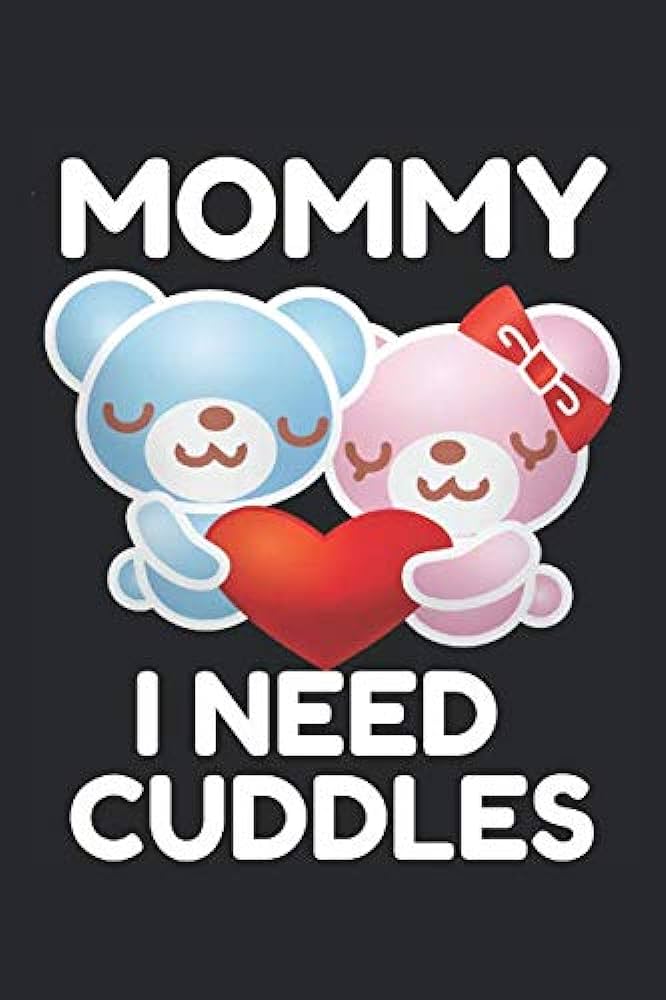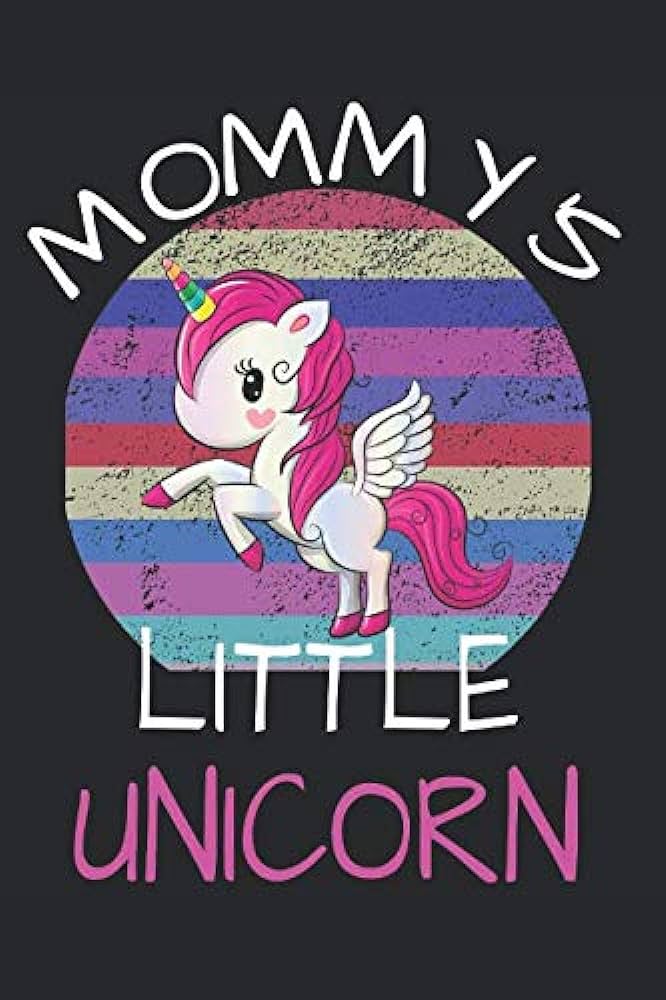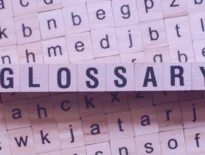Beyond ‘Daddy’: Exploring the Flip Side with ‘Mummy’
A Continuation of Relationship Dynamics
In our recent exploration of and psychological dive behind the use of terms like “Daddy” in relationships, we uncovered a world of trust, vulnerability, and intimate connection. So with this post let us venture further into these evolving landscapes and use of sexy names by each other by turning our attention to a counterpart that’s gaining recognition – “Mummy.“

I wanted to do this post as many of the dominant roles are shown by Males and this isn’t always the case so just as we dissected the multifaceted nature of the “Daddy” dynamic, it’s essential to recognize that relationship dynamics are ever-evolving and diverse. The use of “Mummy” introduces a new layer of complexity, challenging societal norms and expectations surrounding gender roles and expressions of intimacy. Age play and role-playing as a mommy is not related to paedophilia in any way, contrary to what some may believe. Individuals who have mommies or act as mommies are also typically not interested in incest either.
In many ways
The term “Mummy” echoes the desire for comfort, nurturing, and protection, mirroring the psychological aspects we explored in the context of “Daddy.” It challenges those traditional notions of masculinity and femininity, offering couples an alternative way to express affection and navigate power dynamics.
Much like our discussion on “Daddy,” The use of terms like ‘Mummy’ can be a way for couples to tap into deep-seated desires for comfort, security, and care. It’s another avenue for individuals to express their unique dynamics and explore the nuances of their relationship.
Exploring the psychological roots of “Mummy” reveals connections to attachment styles, the desire for a nurturing figure, and the creation of a safe and comforting environment. It emphasizes the fluidity of relationship dynamics and challenges preconceived notions about how couples express intimacy.
In a recent interview Jordyn, who is 25 and from Chicago, says the kink’s primary appeal lies in its nurturing nature – something she feels was absent “I grew up desperately needing to feel like someone cared about me, loved me, would protect me and hold me when I cry, and tell me I’m a good girl who made them proud,” she explains. “I definitely don’t think fractured parental relationships are the catalyst for everyone who’s into this, but I’ve seen a lot of other gay girls with similar experiences.”
In the realm of communication and consent, the use of terms like “Mummy” plays a vital role in fostering open and honest discussions between partners. Open communication is an essential aspect of any relationship dynamic. It allows partners to freely express their comfort levels, boundaries, and desires, ensuring a consensual and fulfilling connection. As we continue to explore and understand various relationship dynamics, it becomes evident that expressions of intimacy extend beyond societal norms. The deliberate use of terms like “Mummy” challenges us to delve deeper into how couples navigate power, vulnerability, and care within their relationships, encouraging meaningful conversations that enhance their connection.







